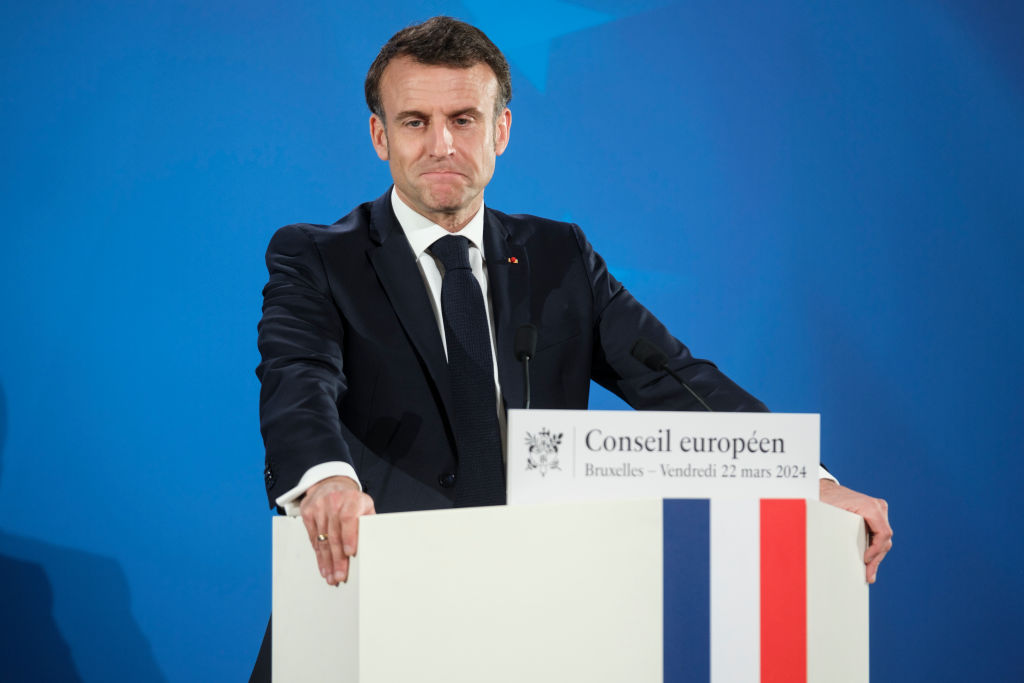France’s left-wing alliance New Popular Front made campaign promises ahead of the snap general elections that could cost an estimated €100 billion in 2025.
“By 2025, public spending could reach €100 billion,” said senior alliance member Eric Coquerel on June 21.
That will be devoted to “hiring teachers to reduce class sizes”; “recruiting care and medical professionals”; and “stepping up thermal renovation”, he said.
The CAC 40 index has plunged 4.88 per cent since June 10 following the unexpected dissolution of the National Assembly and French President Emmanuel Macron’s June 9 call for snap national elections.https://t.co/W8eICJbh4v
— Brussels Signal (@brusselssignal) June 14, 2024
During a press conference on June 21, several promises were made including repealing French President Emmanuel Macron’s pension and unemployment insurance reforms, raising the minimum wage to €1,600 net and providing “free” schooling.
To support these expenses, the New Popular Front said it would reintroduce the wealth tax (ISF), repealed by Macron, that would be expected to generate €15 billion.
Additionally, the alliance proposed a tax on so-called “super-profits” projected to bring in another €15 billion.
Overall, the left-wing alliance aims to raise €30 billion in revenue by the end of 2024. By 2027, it said hoped to generate around €150 billion through measures focused on the “green” transition, enhanced public services and what it called “strategic State intervention”.
Representatives of the coalition emphasised their economic programme was driven by a “State that pulls the whole economy into a virtuous circle” to distribute and share wealth, according to Coquerel.
“Our goal is not to increase deficits,” he said, noting that funding would primarily come from tax revenues.
French Prime Minister Gabriel Attal criticised the plan. “It’s amusing claiming to improve the purchasing power of the French while planning massive tax increases,” he said, describing the proposals as “middle-class crushers”.
The spending-focused strategy was revealed amid significant economic challenges and escalating French public debt.
On June 20, the European Union initiated an excessive-deficit procedure against France and six other Member States for their rising public debt and deficits.
EC launches Excessive Deficit Procedure against seven Member Stateshttps://t.co/uoDox2jjLk
— Brussels Signal (@brusselssignal) June 19, 2024





